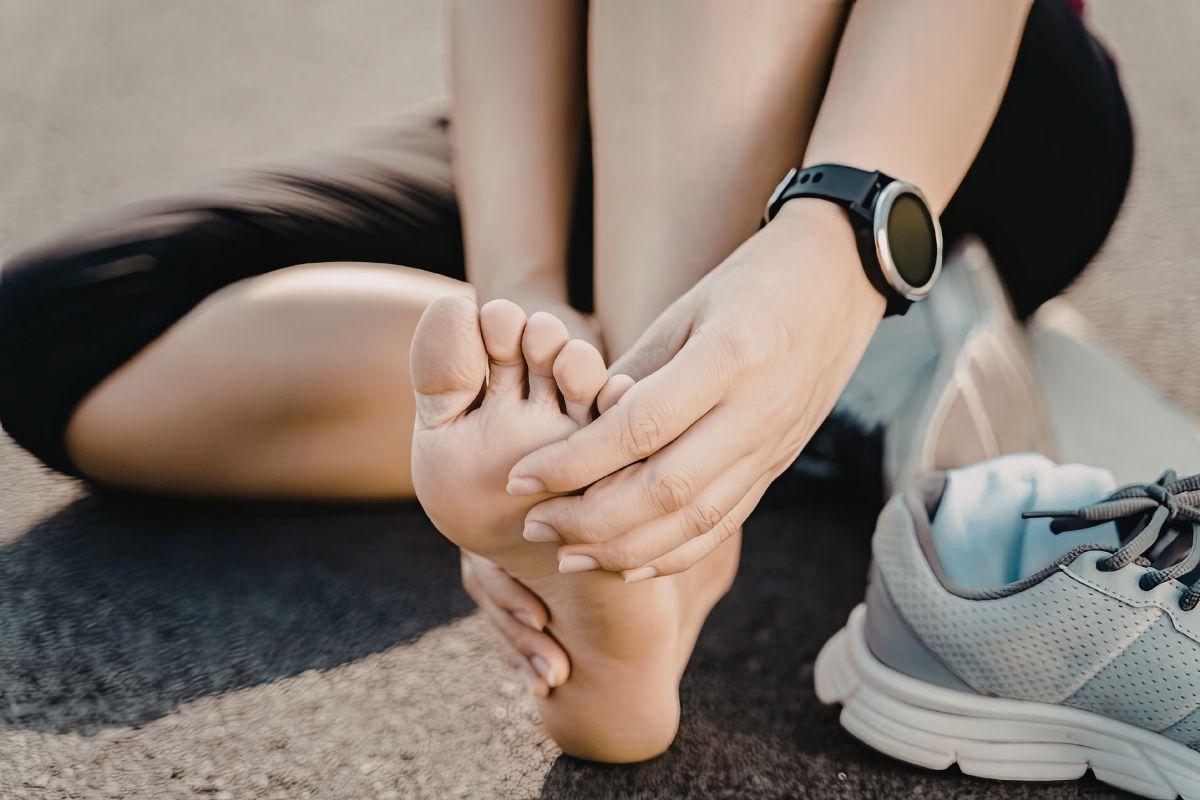Written by Catherine Hales for Doctify
Whether you spend all your time trawling through NetDoctor for medical tidbits or just like dropping interesting trivia into conversation, this is the blog post for you.
Gum doesn’t actually stay in your stomach for seven years

This old wives tale is one of those ‘medical facts’ that you learn as a child and never forget. I remember swallowing my gum once accidentally and worrying that I wouldn’t be rid of it until my 18th birthday. However, General Surgeon Mr Khaled Dawas assures us this isn’t the case.
“I’ve never seen chewing gum in a stomach in the thousands of endoscopies I have performed,” he tells us. “Our stomachs and bowels are very efficient and resilient. A piece of gum passes through the stomach into the bowel and eventually out in stool very fast. It won’t last days…unless you’re very constipated or have stomach emptying problems.”
So, any accidental gum-swallowers out there, you can rest easy: its probably already gone. I also have it on good authority that swallowing apple seeds will not lead to an apple tree growing in your stomach. In case anyone was worried.
You can suffer from a literal broken heart

Of our assembled medical facts, this is probably the saddest – or the most romantic, depending on your point of view. Although the term ‘broken heart’ is usually a colourful way of describing emotional pain or loss, it is actually a real medical condition. Also known as Takotsubo, ‘broken heart syndrome’ is the result of a sudden rush of adrenaline caused by psychological trauma. Here to tell us more is consultant cardiologist, Dr Nicholas Pantazolpoulos.
You should always give up your seat for a pregnant woman

This may sounds like a no-brainer and an obvious mainstay of commuting etiquette but there are several medical reasons to give up your seat for a pregnant woman other than just plain politeness. As gynaecologist Dr Anne Henderson tells us, “A pregnant uterus causes substantial pressure on the vascular supply to the legs. As a result, heavily pregnant women are more likely to experience discomfort. This includes leg and ankle swelling, varicose veins, pins and needles and related symptoms.” It can also become much more serious: “In rare situations, the vascular stasis (lack of blood supply in the main leg veins) can lead to venous thrombosis and more severe complications.”
As anaemia is a common side effect of pregnancy, women can often feel dizzy and exhausted. This isn’t helped by having to stand for extended periods of time on a busy tube. Other reasons include:
- The relaxation of ligaments and joints throughout the body due to pregnancy hormones, particularly progesterone. This can cause backache and pain in the hips and pubic region, made worse by standing for long periods
- Loss of balance because of pregnancy hormones and changes in blood pressure. Feelings of unsteadiness can cause mothers-to-be to fall over, potentially injuring themselves and the baby
- Kicking; unborn babies like to wriggle around in there and many women find it easier to deal with when they are relaxed and sitting down
So, remember to take a quick break from Candy Crush to look around next time you’re on the bus or train. Someone might need your seat much more than you do.
Botox can be used to treat migraines

Yes, you read that right – one of our wackier medical facts is that these wrinkle-busting injections have an interesting second use. Dr Mohjir Baloch, a pain management specialist, reveals that this was discovered totally by accident: “The use of Botox for migraine was initially discovered to be effective by people had had injections for cosmetic reasons. As well as smoother foreheads, they also found their migraines improved.”
So, how does it work? “No one really knows for sure,” says, Dr Baloch. “But it is thought that Botox blocks pain signals in key pain pathways involved in causing the headache associated with migraine. The effect it has on the muscles is thought to be irrelevant for headaches.” He tells us that, if successful, Botox can cut the number of headache days in half.
And as an added bonus, your skin will be wrinkle free!
Stretching before exercise doesn’t help prevent injury

Before everyone disagrees at once, we’re not denying that warming up in preparation is very important. It’s just stretching that doesn’t really make a difference – and can sometimes actually do more harm than good. Don’t take our word for it, though. Orthopaedic surgeon Mr Jeremy Granville-Chapman tells us that, “Unless your sport requires high levels of flexibility then there is minimal evidence to support meaningful benefit from pre-exercise stretching.” He adds, “It is probably a waste of your time.”
Despite childhood habits to the contrary, stretching before exercise won’t do anything to ease your aching limbs. Nor will they protect you from a pulled hamstring. However, as we mentioned earlier, warming up is still useful.
“Warm up activities are still recommended,” reaffirms Mr Granville-Chapman. “They have been shown to improve performance (e.g. sprint times) and reduce injury rates.”




